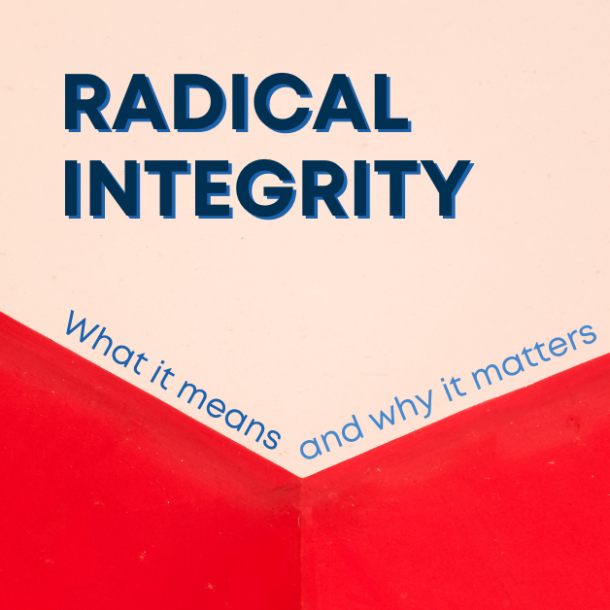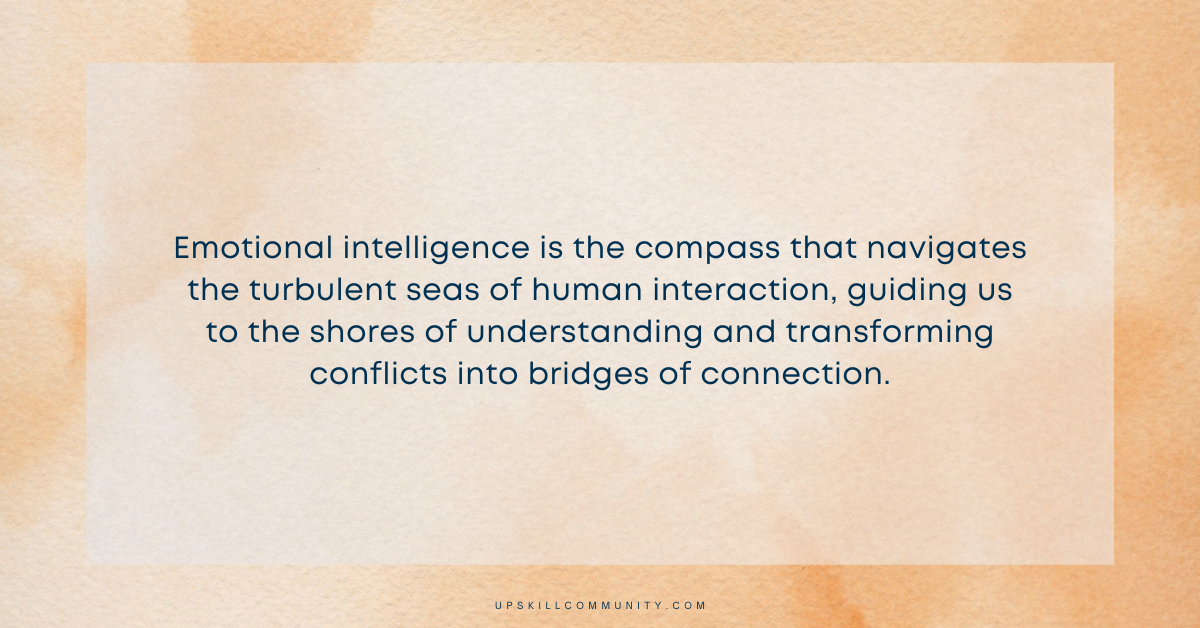
Emotional Intelligence: The Lost Art of Listening
Emotional intelligence can be your superpower. Let me share with you a real-life example that’ll show you its power iin action.
Betty Bigombe grew up in Uganda. Her humble beginnings saw her walking four miles each way to school, subsisting on one meal a day in her uncle’s multi-wived homestead. However, she managed to defy the odds, making her way to the Ugandan Parliament. Her grit and resolve were tested when she faced an unthinkable challenge: making peace with a notorious warlord, Joseph Kony.
Kony, leader of the Lord’s Resistance Army, left a horrific legacy—100,000 people murdered, 30,000 children kidnapped, and two million Ugandans displaced. But in the early ’90s, Betty convinced the Ugandan president to send her as a peace emissary. Initially scorned by the rebels for being a woman, Betty won their respect, earned the endearing title of ‘Mummy’, and even managed to bring Kony to the negotiation table. Though the peace didn’t last, Betty was named Uganda’s Woman of the Year for her relentless efforts. So, what was Betty’s secret weapon? Simple: Listening.
Listening is a fundamental pillar of emotional intelligence.
Let’s start with a quick reflection…
Think back to an important conversation that you recently had. Can be with anybody. How much of it was spent on just waiting for your turn to speak?
Social Awareness: It’s Not All About You
Improving social awareness starts by becoming a better listener. Usually, the leaders I work with understand this, but struggle with knowing how to actually do it. My number one tip: it’s not about talking less or responding appropriately, but genuinely trying to understand. Like Betty, when dealing with different perspectives, it’s crucial to empathize and reflect on the other person’s point of view before responding. For her, it was life or death. For you, it could be the difference between promotion or no promotion.
The Mirror Effect: Embrace Self-Awareness
Another vital aspect of emotional intelligence is self-awareness. Seeing ourselves clearly is like looking into a mirror that shows not only your physical appearance but your thoughts, motivations, and emotions.
Conflict Management: What’s Your Style?
Ken Thomas and Ralph Kilmann, management professors at the University of Pittsburgh, argue that most people default to one of two approaches to conflict management: assertiveness or cooperativeness. They identified five styles of conflict management:
Accommodating, Avoiding, Collaborating, Competing, and Compromising.
Think about a recent conflict you experienced. Which of these styles did you employ, and why? Do you see a pattern in your conflict management approach?
TLDR:
Like Betty, we can harness the power of emotional intelligence to make meaningful change in our lives. The keys lie in…
- Listening to understand
- Developing emotional awareness
- Developing self-awareness
- Learning to manage conflict effectively
In doing so, we can set the stage for healthier, more productive interactions.
What’s your emotional intelligence journey going to look like?

